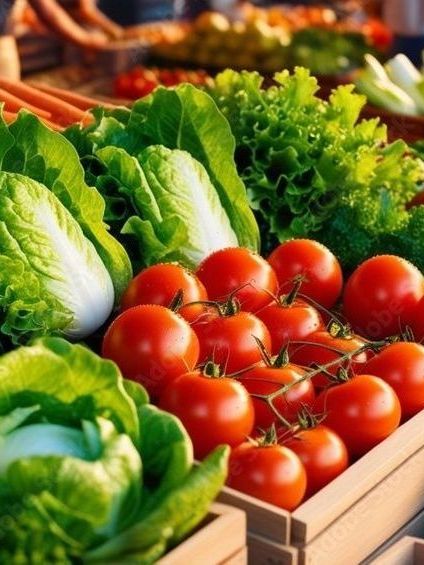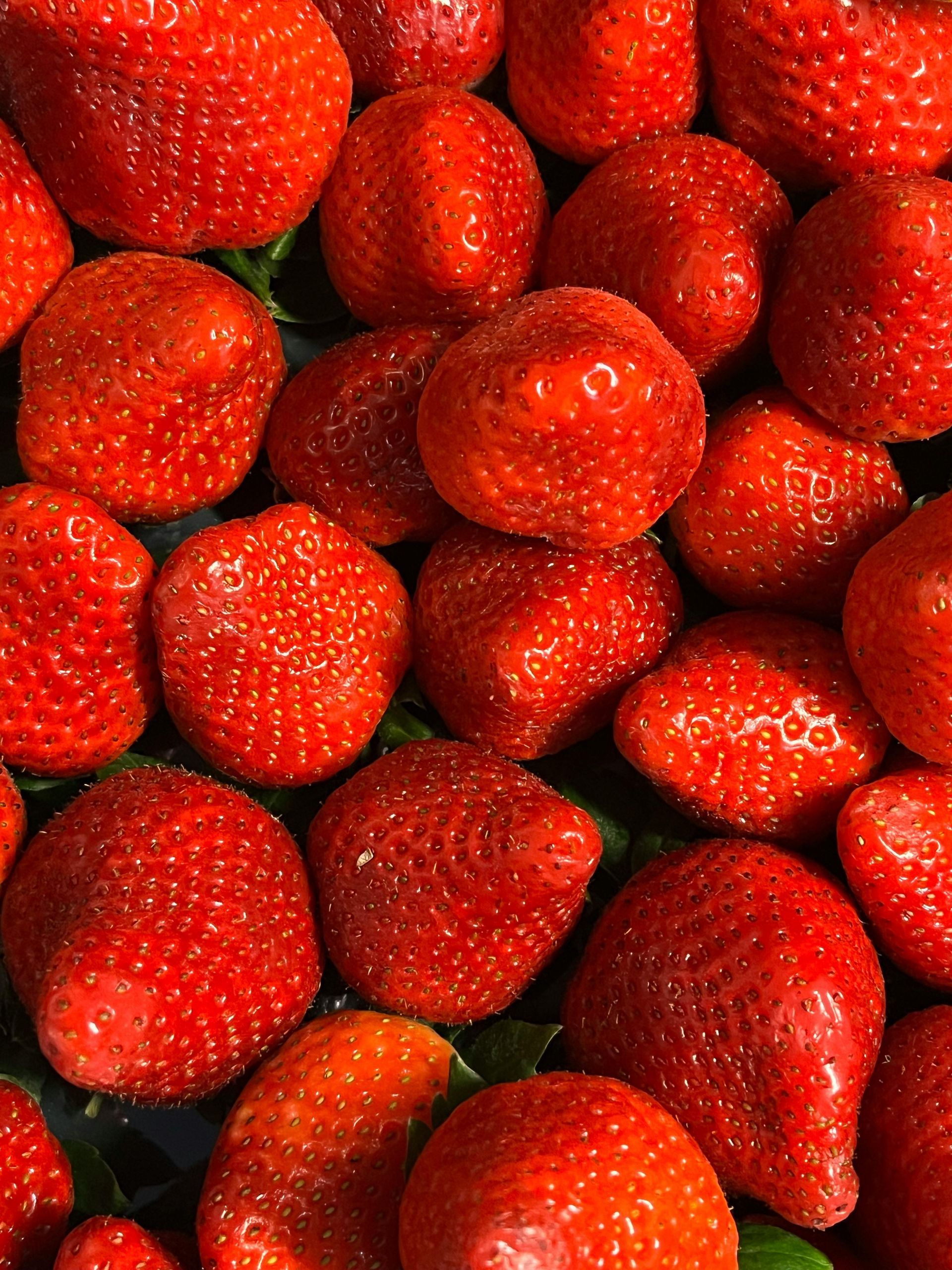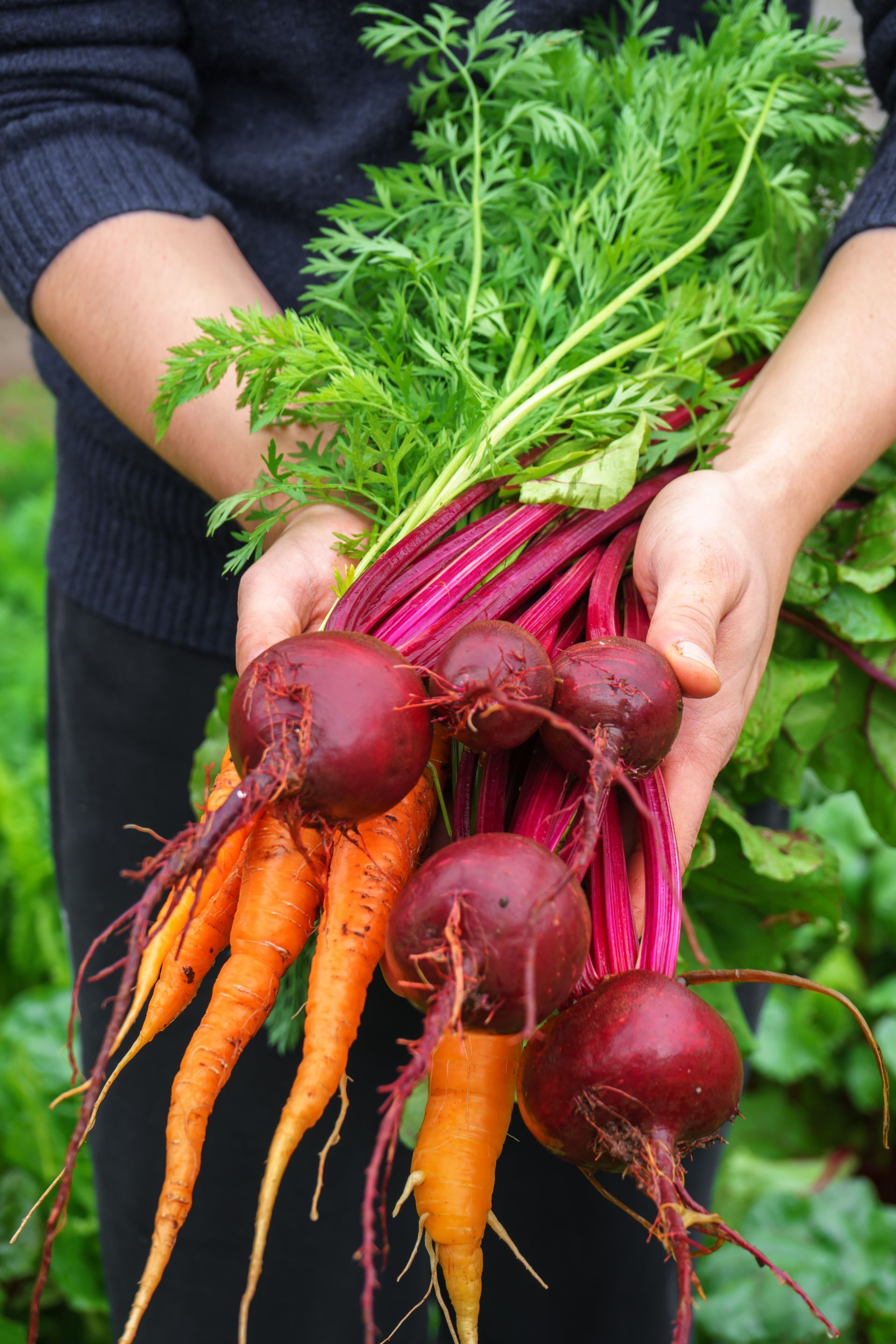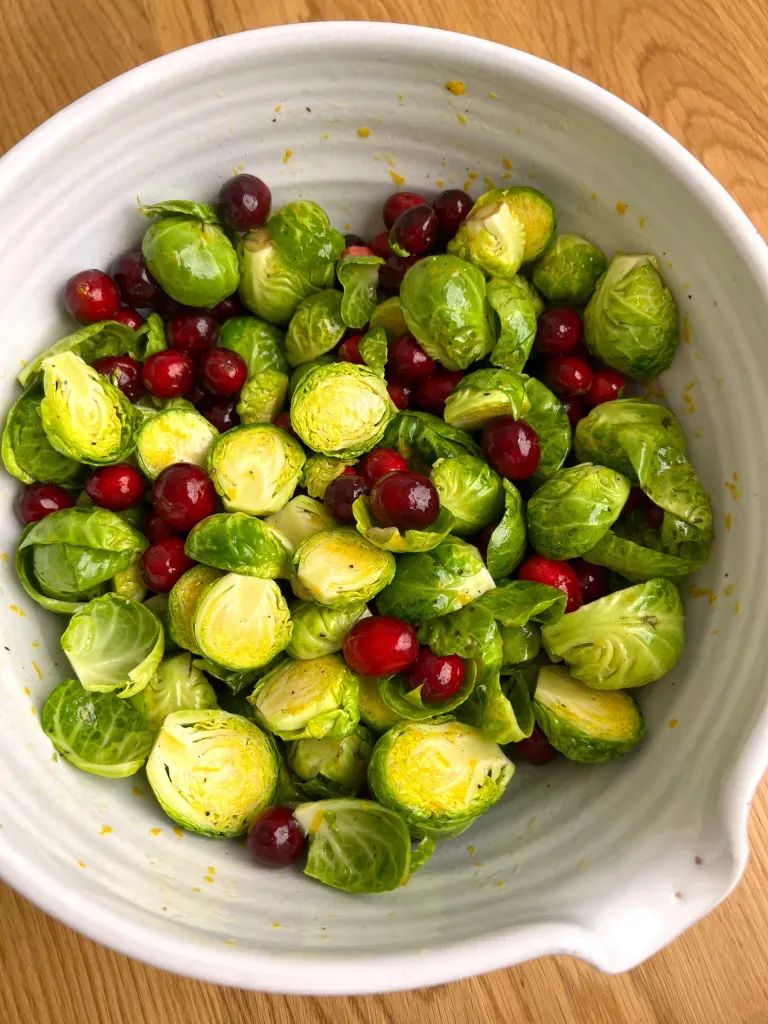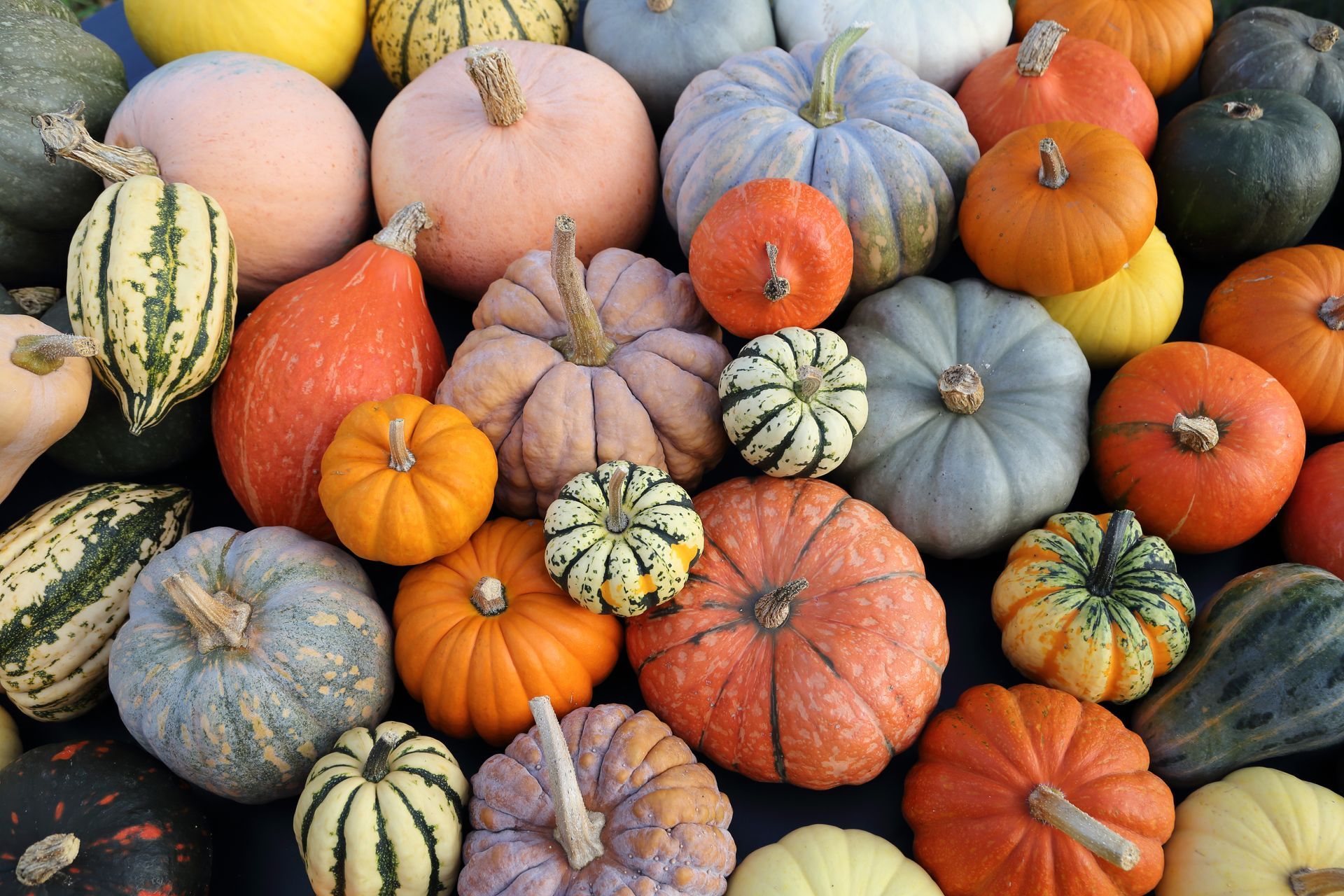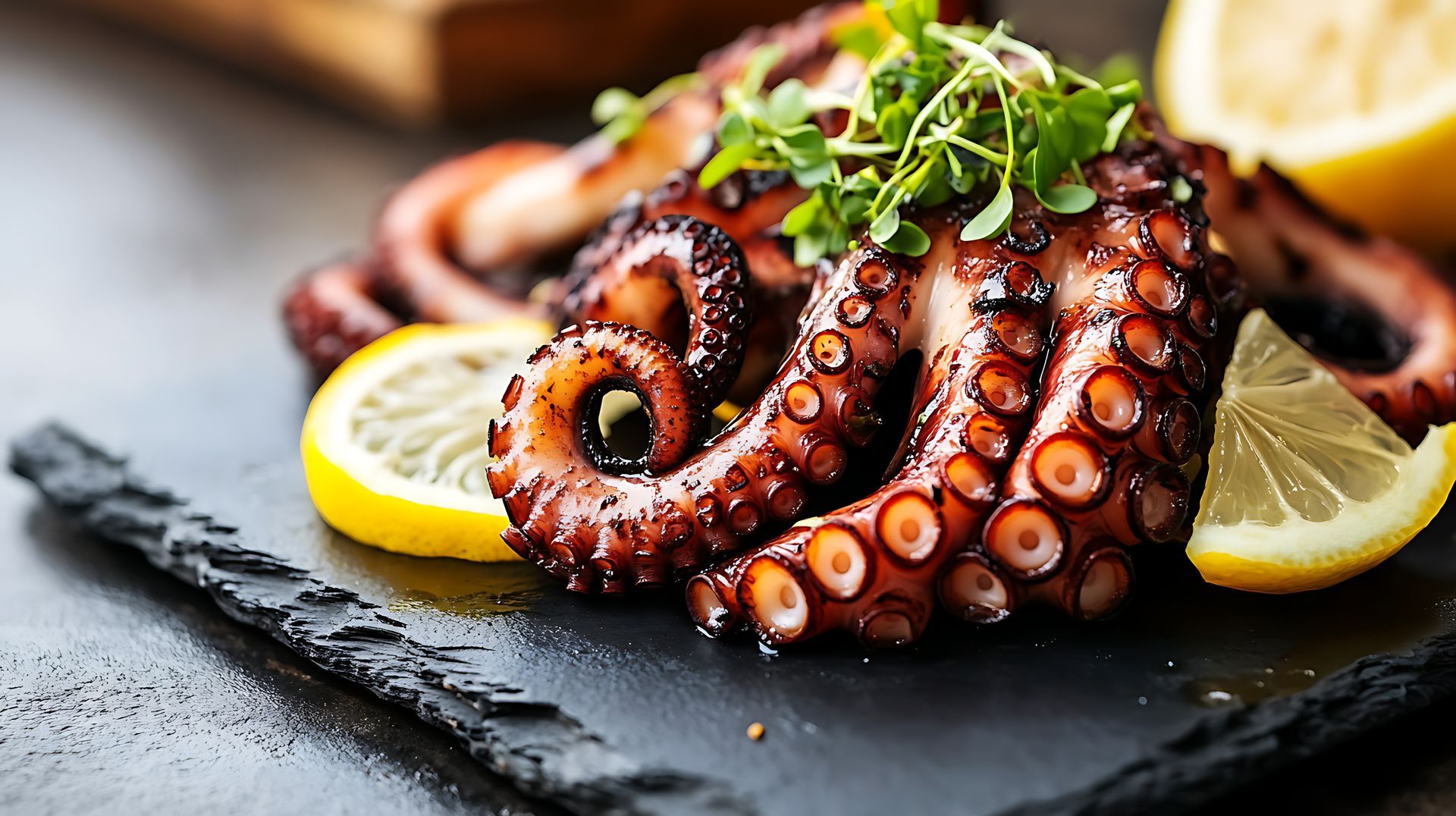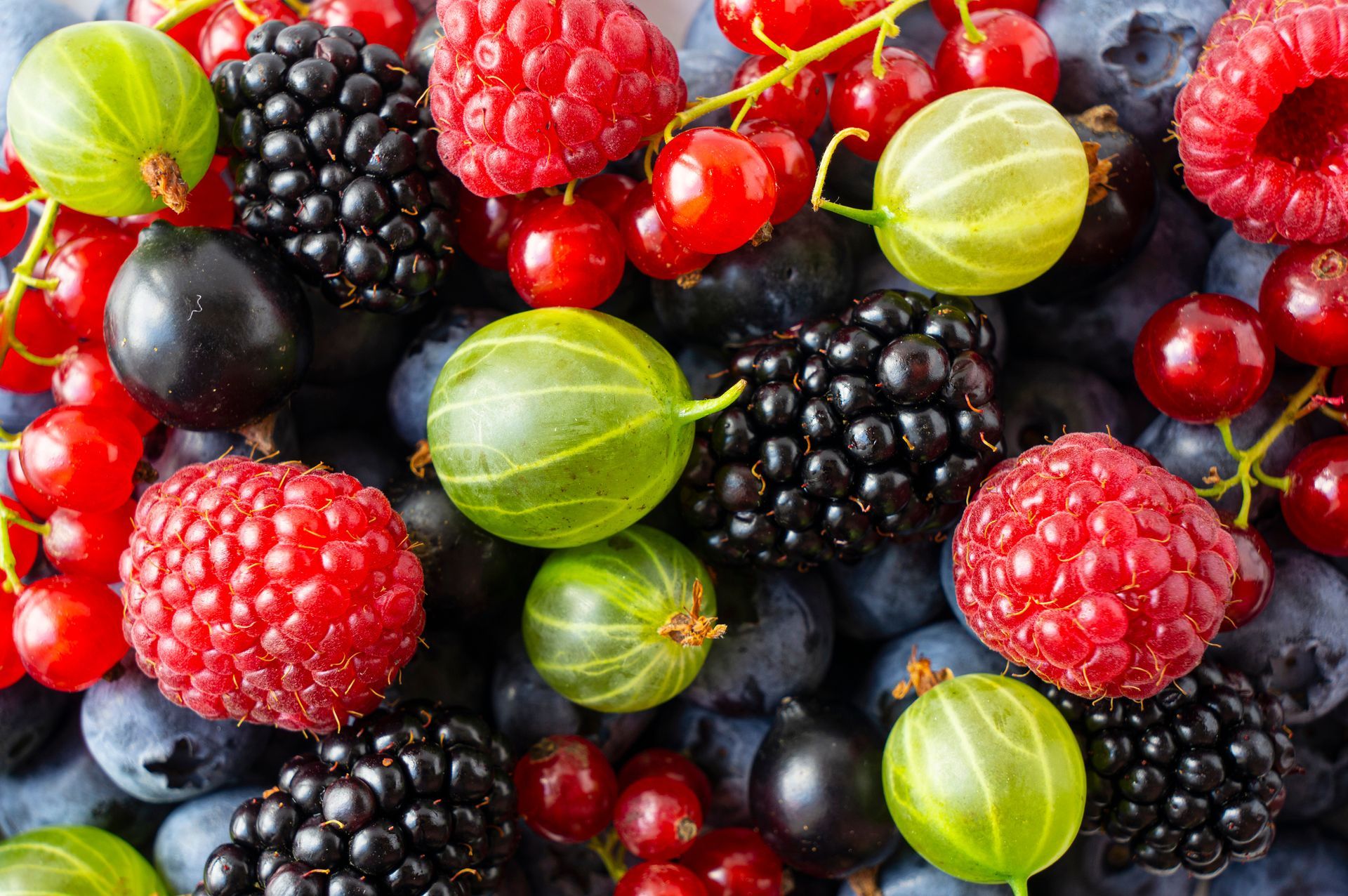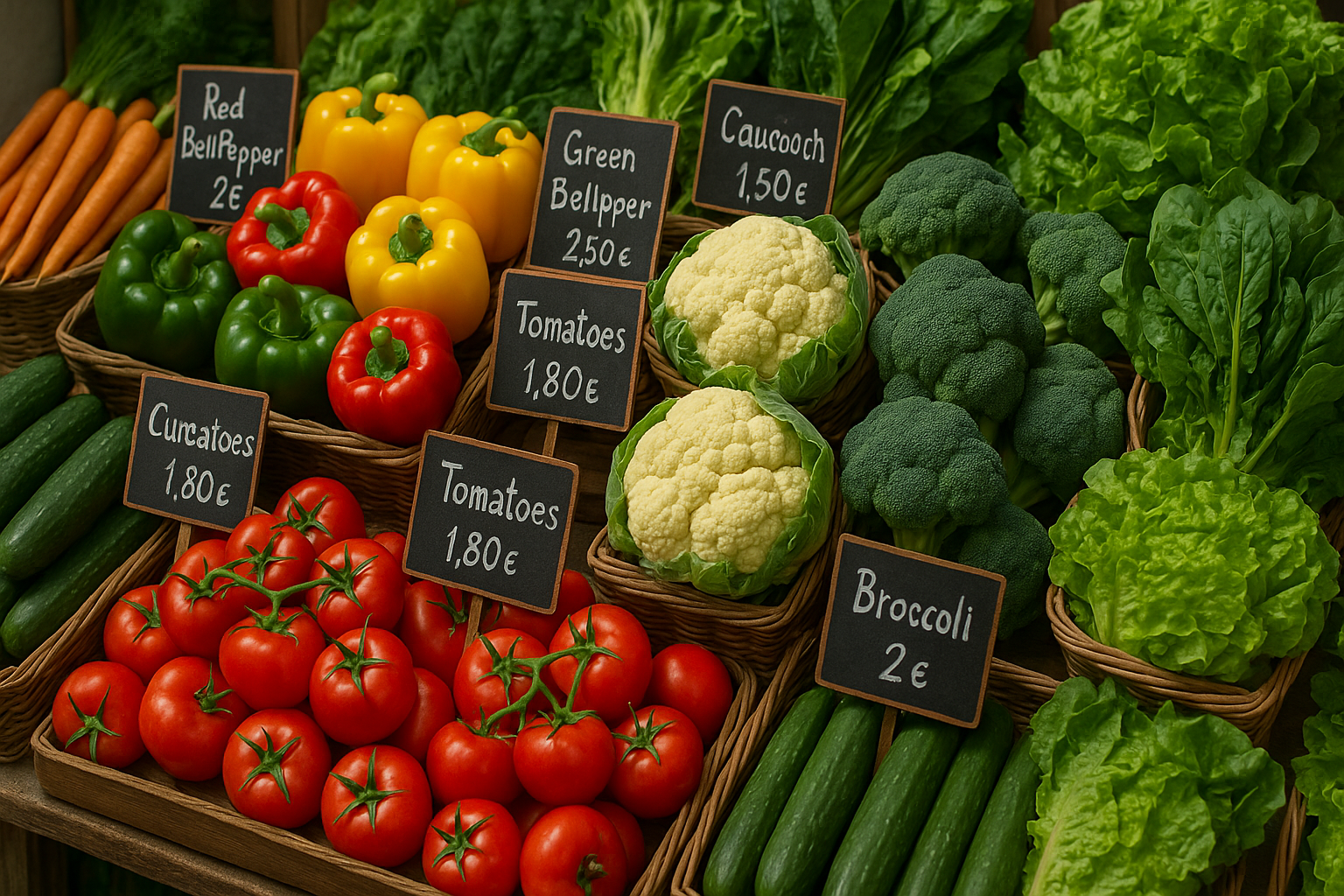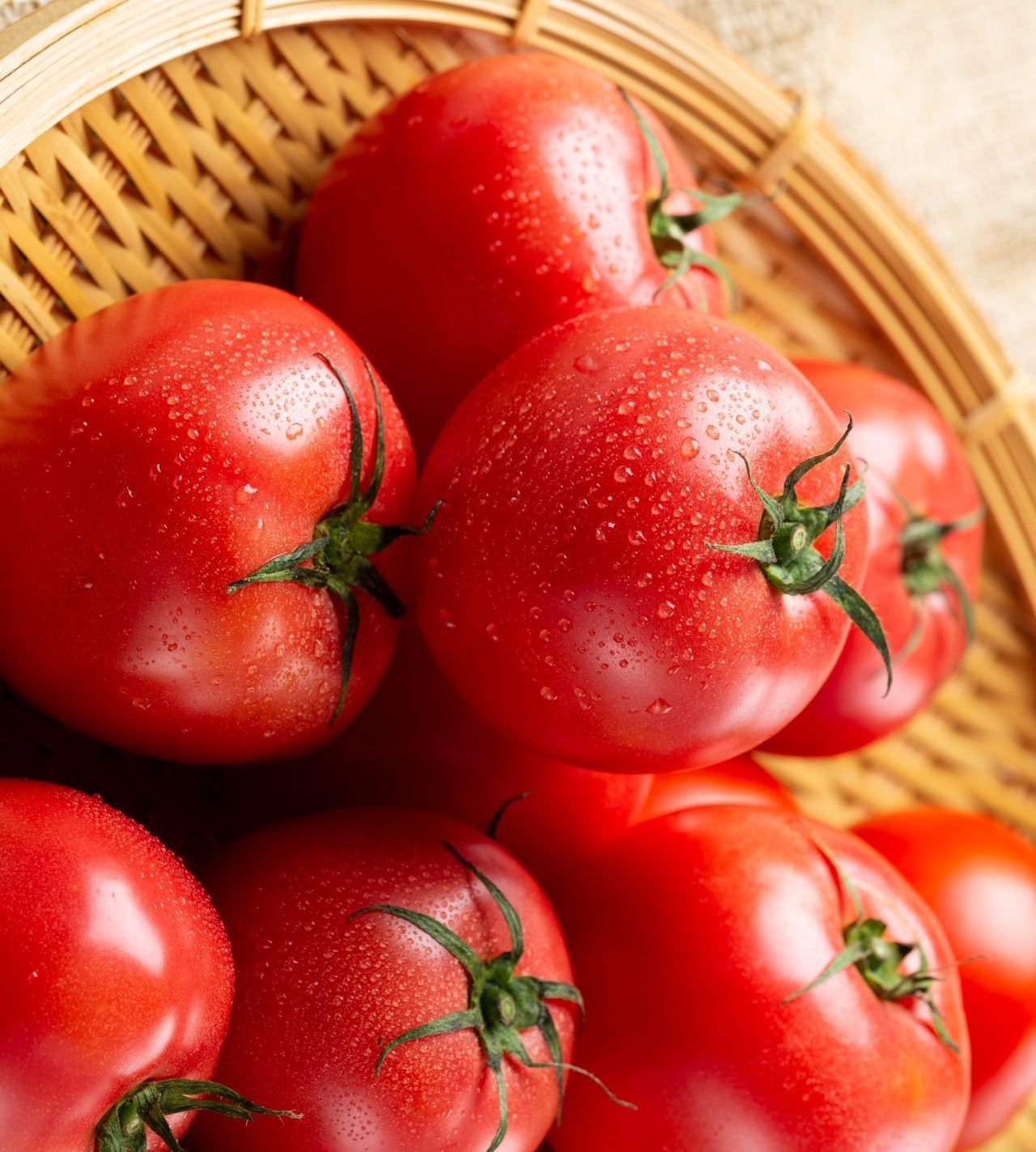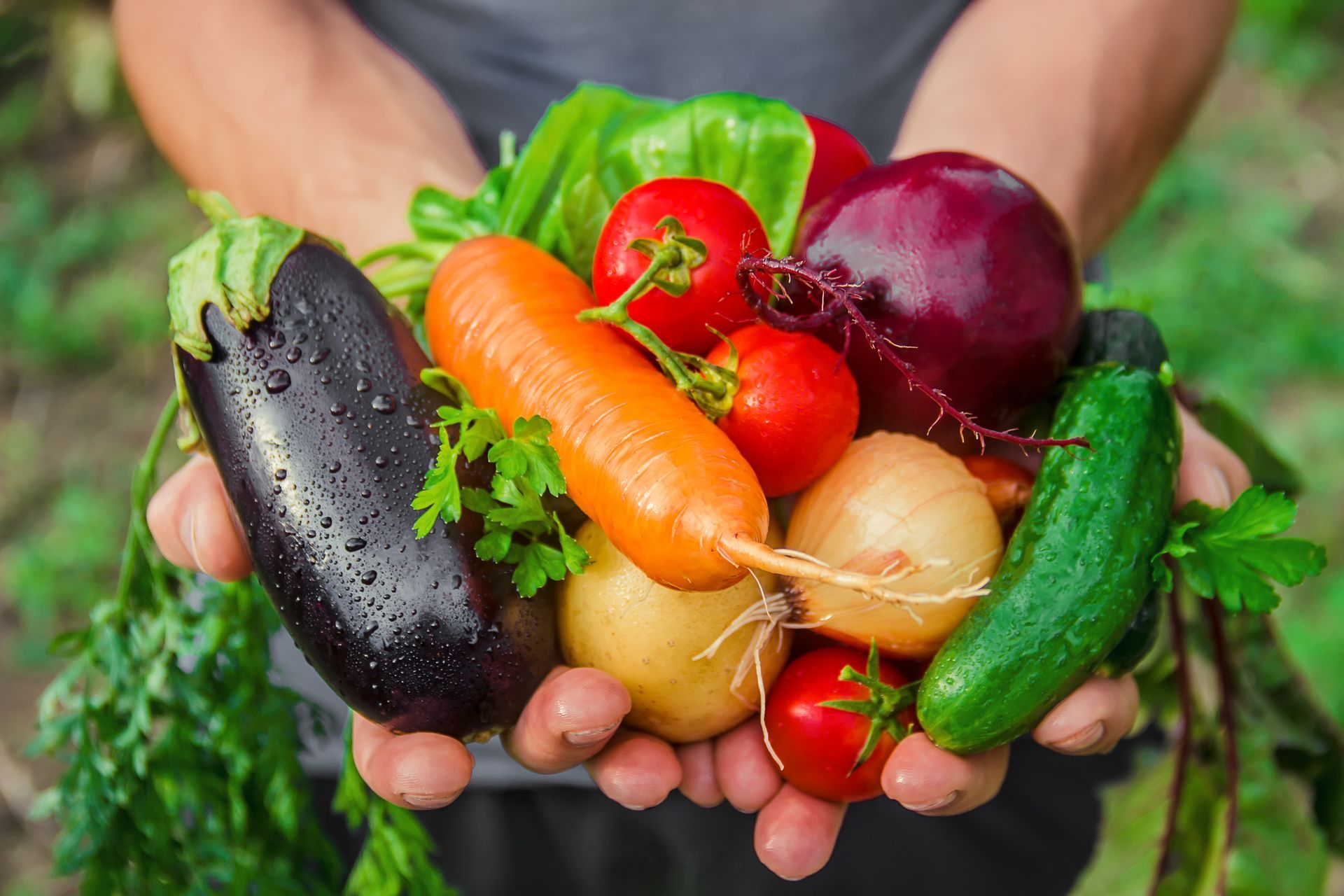June 2025 Market Report
MARKET NEWS
Can US Beef make it into the UK Market?
The US-UK trade agreement means that 13,000 tonnes of tariff-free US beef could now hit the UK supply chain, with foodservice the likely destination. The agreement lessens the impact on the UK of US president Donald Trump’s sweeping tariff scheme, announced in April, which meant that UK exports to the US were subject to a 10% surcharge. In return for US concessions over car, steel, beef and ethanol exports from the UK, the UK will be reciprocally scrapping a 20% tariff on US hormone-free beef imports. This is within the existing quota of 1,000 tonnes, as well as creating a preferential duty-free quota of 13,000 tonnes.

However, the finer details are yet to be confirmed, and it is still unclear whether this is an annual allocation and what cuts of beef will be covered. In the official government filing it even states the document “does not constitute a legally binding agreement”. So where does this leave the UK hospitality industry?
Using hormones to boost growth in cattle is an accepted practice in the US and other countries but was banned by the EU in 1989 over safety fears. The government is insistent there will be no movement on food quality, with imports of hormone-treated beef or chlorinated chicken remaining illegal.
What is the real cost of cheap school lunches?
As well as announcing over half a million additional pupils will become eligible for
Free School Meals next year, the Department for Education recently revealed that its funding for universal infant free school meals would rise from £2.58 to just £2.61 per child in September. This 3p increase, which is below expected inflation, has been met with real concern.
This modest increase not only fails to cover rising food prices, but wage increases. for catering staff, too.
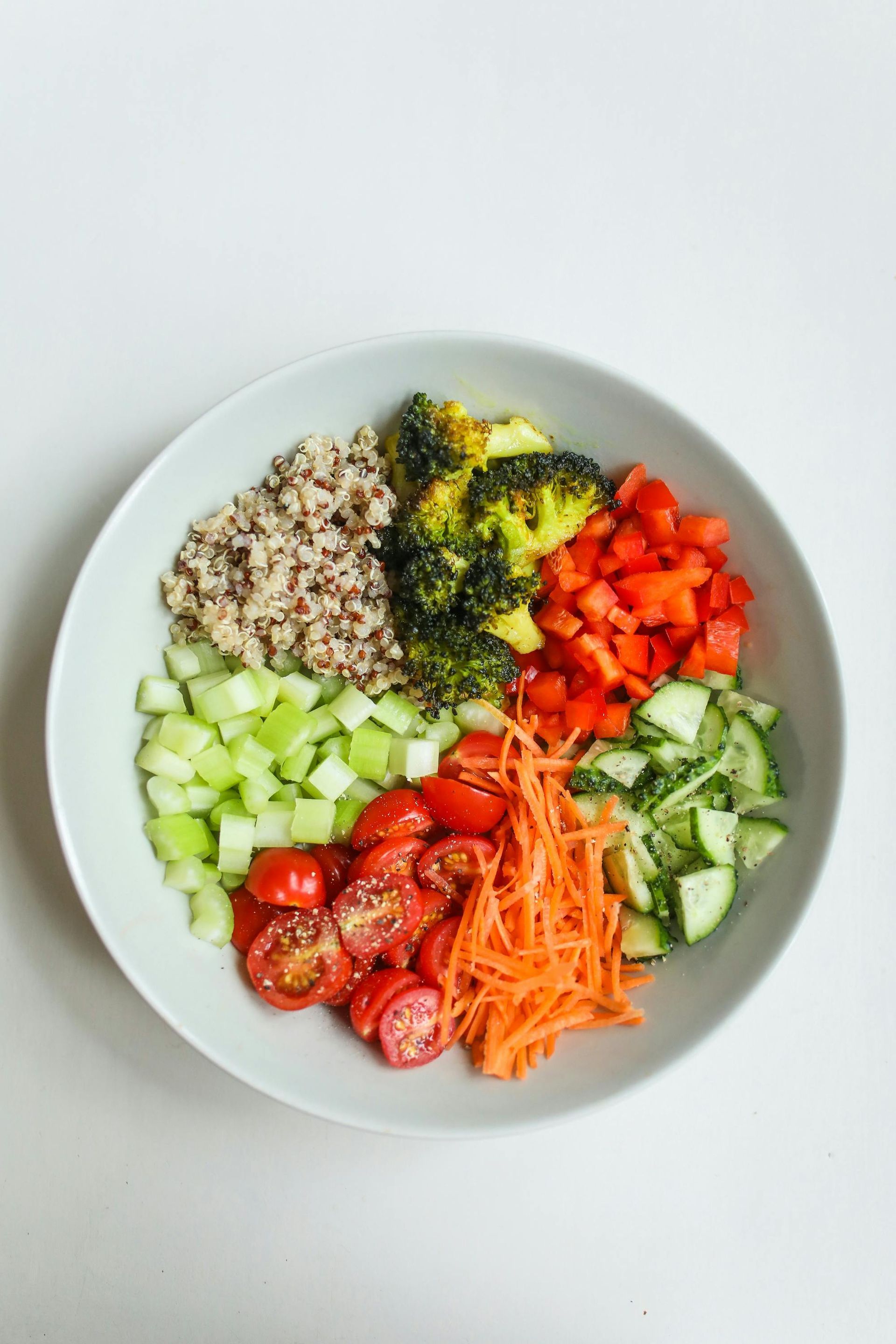
The cost of delivering nutritious meals is now much higher, and for those schools with a significant number of children who have free school meals, the gap between funding and actual cost is widening, forcing school leaders to make difficult decisions.Insufficient funding to cover the cost of meals puts pressure on schools, whose
budgets are already stretched and risks compromising the quality of food provided. Pre-prepared and processed foods are considerably cheaper than fresh ingredients but cannot compete on nutritional value.
Hospitality loses nearly 125,000 employees in a year:
A total of 124,376 employees have exited the accommodation and food services sector in the UK in the 12 months to May 2025, according to the latest figures from the Office of National Statistics (ONS). This represents a 5.6% fall from the same month in the previous year, and the 10th consecutive month of losses in hospitality staff.
ONS’s latest Labour Market Overview also showed that in the overall UK economy, payrolled employees decreased by an estimated 109,000 between April and May 2025, following the hike to employer National Insurance contributions. This loss of
jobs exceeds predictions.
However, the finer details are yet to be confirmed, and it is still unclear whether this is an annual allocation and what cuts of beef will be covered. In the official government filing it even states the document “does not constitute a legally binding agreement”. So where does this leave the UK hospitality industry?
Using hormones to boost growth in cattle is an accepted practice in the US and other countries but was banned by the EU in 1989 over safety fears. The government is insistent there will be no movement on food quality, with imports of hormone-treated beef or chlorinated chicken remaining illegal.
COMMODITIES REPORT
Fruit & Vegetables:
Summer has officially arrived and brings with it an abundance of UK fruit and vegetables. Thanks to the warmer weather, some produce has arrived earlier than expected. Jersey, Cornish and Pembrokeshire new potatoes have been arriving in good volumes, and the quality is great.
UK courgettes will be arriving throughout this month, alongside broad beans, runner beans and even early summer brassicas such as cavolo nero, tender stem and broccoli.
Asparagus has come to an end unfortunately, as have the UK carrot and leek season. These will be moving to Spain or France for the month. English apples will also come to the end this month and supply will move to southern hemisphere varieties..
UK strawberries and raspberries are now here in abundance. UK gooseberries will arrive later this month. Spanish cherries are due into the market at any moment, alongside peaches, nectarines and apricots.
UK salad season is now here in earnest with Lollo, Oakleaf, little gem and iceberg in abundance. Due to the higher temperatures, yields and quality of all whole head lettuce varieties have been fantastic.
Also, in season in June:
- In season now:
- UK strawberries & raspberries
- UK peas
- UK iceberg
- New potatoes
- UK broad beans
- UK courgettes
- Nectarines & peaches from Spain
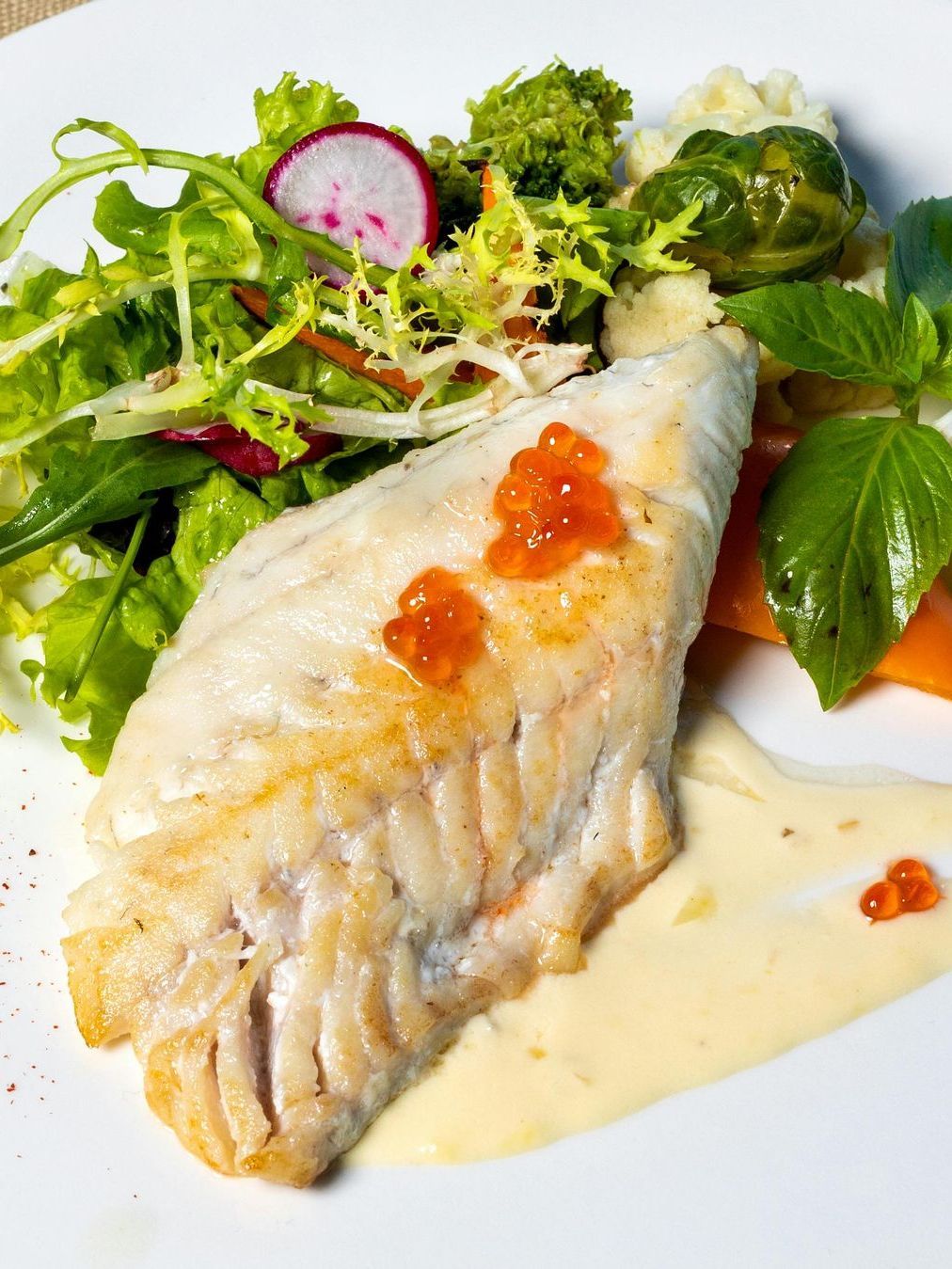
Cod & Haddock:
Cod and haddock prices have been extremely volatile throughout the spring. We have seen key fishing areas closed for both species. This, in addition to spawning haddocks and severely reduced cod quotas, has seen prices reach astronomical levels. There has been a serious haddock shortage which is seeing virtually no fish coming out of Norway. Suppliers are therefore reliant on either Scottish fish
(prohibitively expensive) or Icelandic fish, and there is very little Icelandic quota left.
The shortage means that we are also seeing more quality issues with the fish as merchants are desperate to pick up any available stock. Many Icelandic boats will tie up towards the end of July as quota comes to an end. This may also create some scarcity until new quota begins on the 1st of September.
Mackerel:
Mackerel was downgraded by the Marine Conservation Society from a 3-yellow to a 4-orange rating. Mackerel was once seen as the great sustainable alternative species that all chefs should be using, but the consistent abuse of the Total Allowable Catch quotas (TAC’s) by the relevant fishing nations (Iceland, Norway, EU
& UK) is now endangering this great value species. The downgrading is seen as a move to try and restrict this over-fishing. Hook and line caught mackerel is a more selective fishing method and still carries a 3-rating, so makes a better option for your menus.
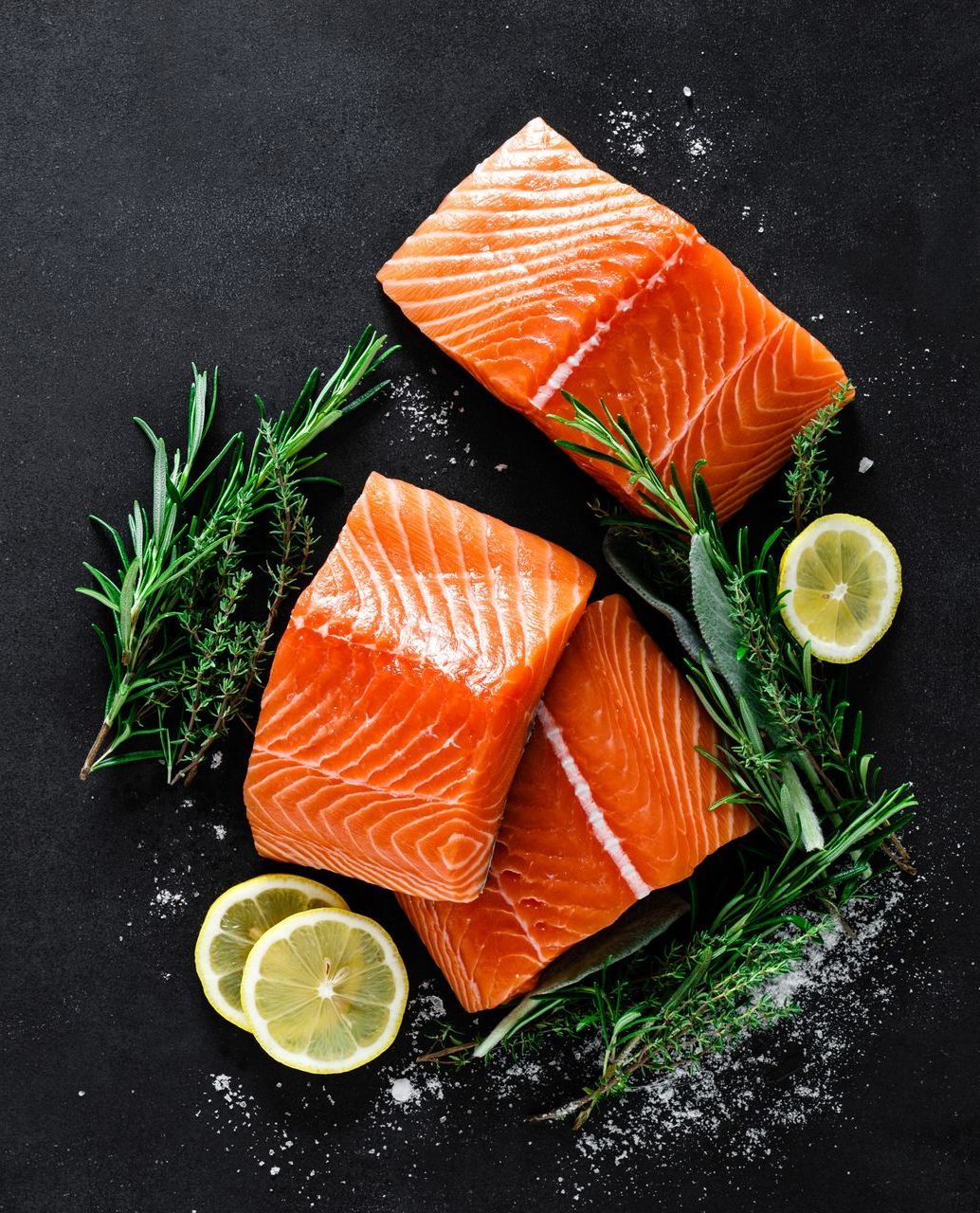
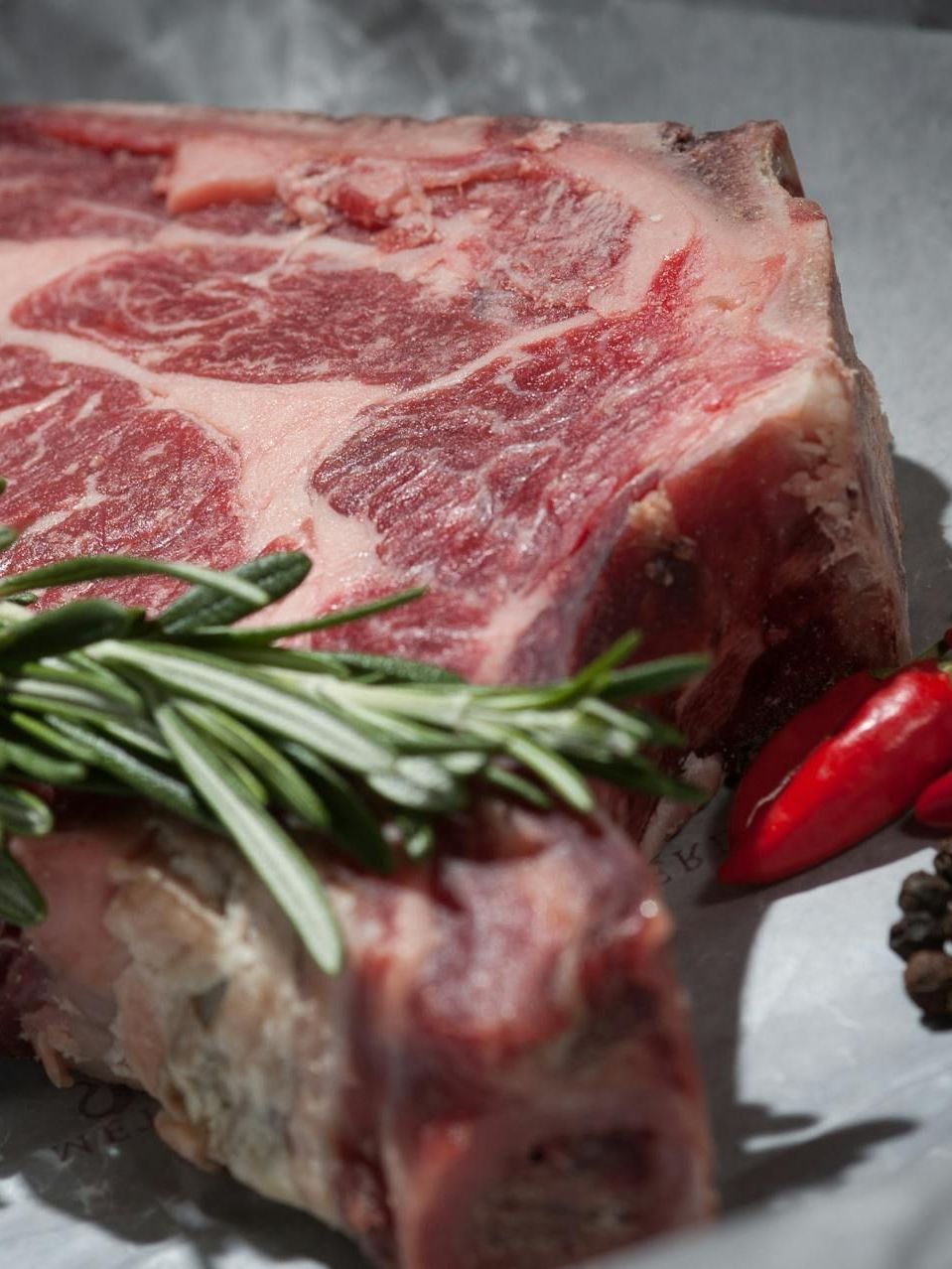
Beef:
Issues with beef continue. Suppliers are experiencing huge competition to secure enough product, and prices are proving very volatile. There is news of beef arriving from New Zealand but we do not expect prices to reduce any time soon. Seasonal cuts are particularly affected.
Poultry:
Demand in the UK poultry market continues to rise steadily despite ongoing supply constraints. Avian influenza outbreaks and logistical challenges have contributed to persistent shortage, placing upward pressure on prices.
Seasonal Recipe Suggestion
Making the most of the new UK season of
potatoes and peas in this seasonal dish.
New potato & pea frittata
Ingredients:
500g Jersey or Cornish New Potatoes
100g Peas
6 Eggs
100g Mature Cheddar Cheese, grated
Small Bunch of Chives
1 Tbsp Olive Oil
Salt & Pepper
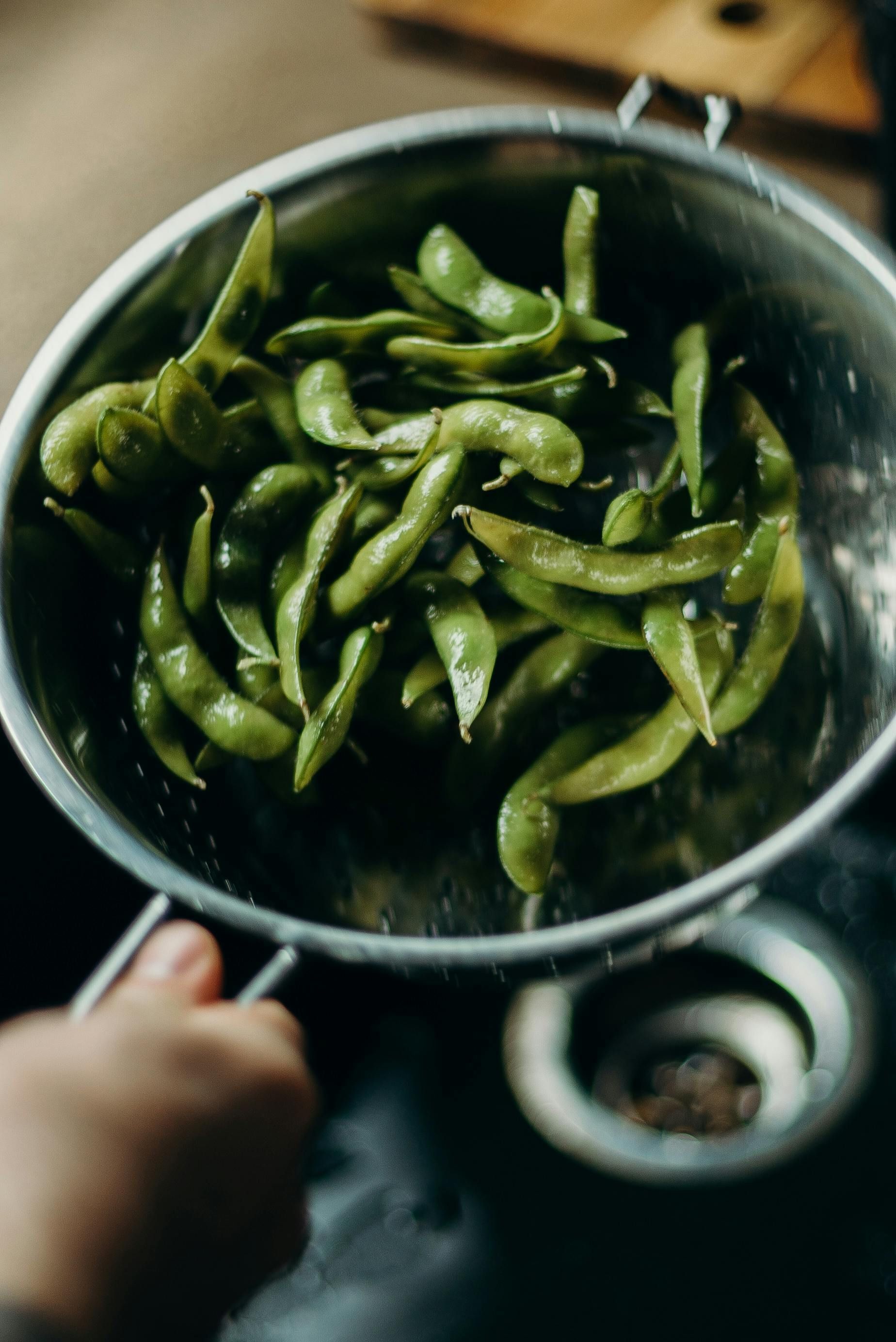
Method:
- Clean the new potatoes and then chop into small chunks, bring them to a boil in a saucepan and leave for around 10 minutes, until tender. Add the peas in during the last 2 minutes. Drain all the water away and set aside.
- Crack the eggs into a large bowl, add the grated cheddar, chives, salt & pepper and beat well to combine.
- Heat the olive oil in a non-stick frying pan on a medium heat. Add the cooked potatoes and peas, then pour over the egg mixture. Stir gently and ensure all ingredients are distributed evenly.
- Cook over a low heat for 8-10 minutes, until the edges are set and the base is golden.
- Transfer the pan to a preheated grill and cook for 6-8 minutes, until the top is golden and the frittata is fully set.
- Let it cool slightly before slicing into wedges. Serve warm with a crunchy salad, enjoy!


